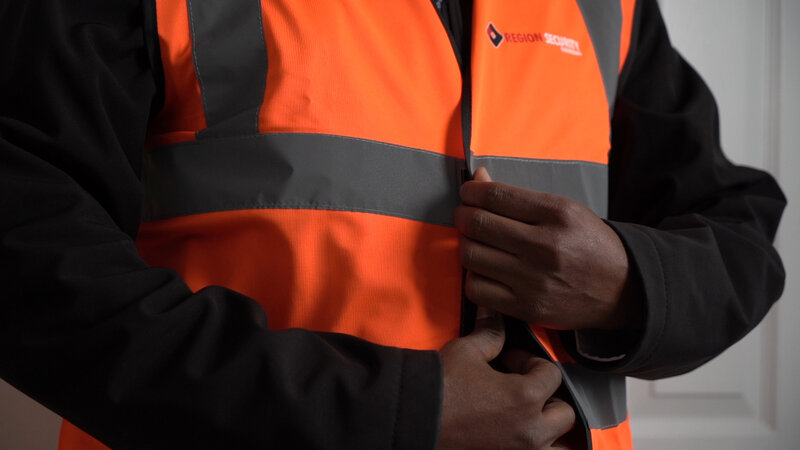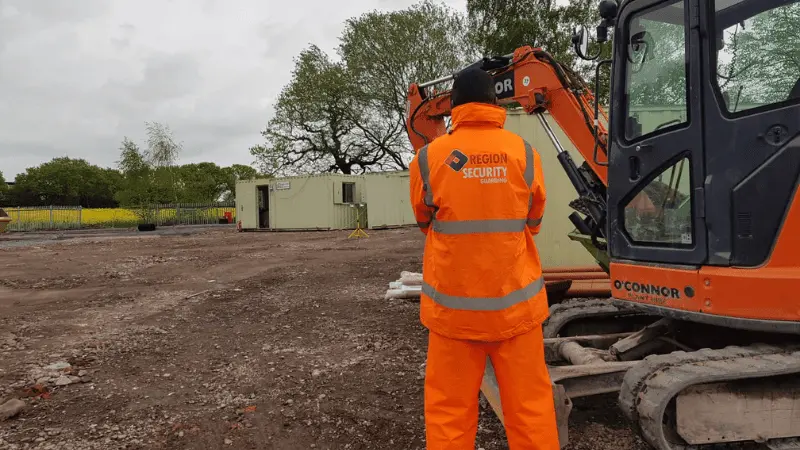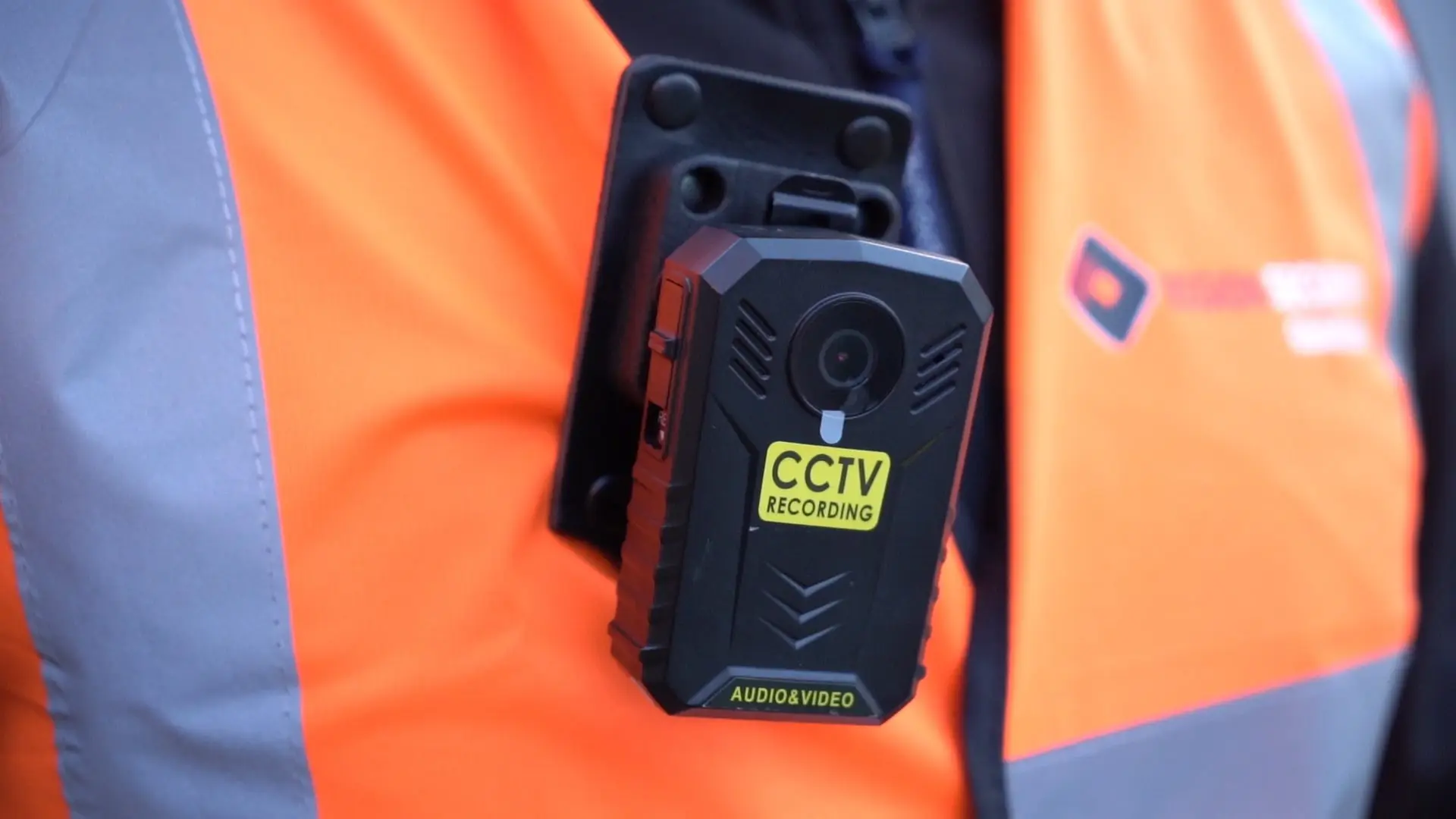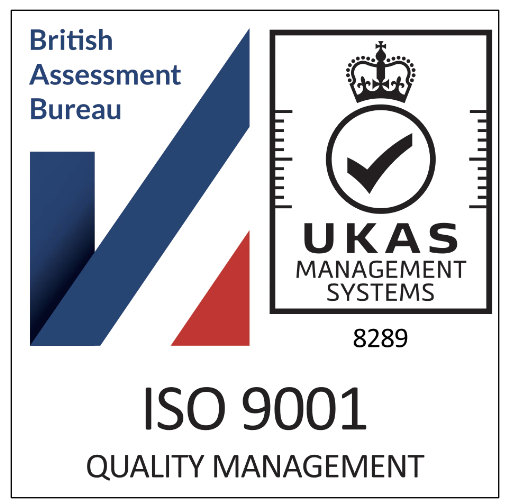Welcome To Region Security Guarding
Nationwide Security Guarding Provider






SIA Approved Contractor
Affordable Prices
24/7 Protection
Dedicated Officers
Years Experience
Nationwide Service
About Us
Region Security Guarding is a Wolverhampton family-based business that has been supplying many companies with high-quality security solutions and local SIA-licenced security guards.
Our officers have protected many businesses across the UK, such as retail stores, commercial buildings, and construction sites. We ensure that all of our security guards and supervisors are fully vetted (BS7858), trained and licenced to meet standards set by the Security Industry Authority (SIA).
We are committed to making sure all of our security prices are cost-effective. With our price promise in place, we will try to meet or beat any of our competitors’ prices.
Region Security Guarding Ltd, holds SIA Approved Contractor status for the provision of Security Guarding Services. Region Security Guarding is accredited by BAB to ISO 9001:2015
Get In Touch
If you need to get in touch with us our team can easily be contacted by phone, email, or by filling in our form below. If you would prefer to be contacted by email, let us know in the message.

What We Do
Our top priority as a security firm is to ensure that all of the security services we provide can be suited to reflect the individual needs of a business. That’s why we constantly look to improve and upgrade all of our security solutions.
To ensure that all of our services are high-quality, our team will regularly view any feedback that we receive from our customers and will use feedback to highlight any areas of improvement. We also use this feedback to ensure that our guards are getting the best training for their next assignment.
Our professional security team is always ready to answer questions or security concerns that our clients may have.
Our Services
We deliver a wide range of security solutions from manned guarding to mobile patrols. We supply these services across all sectors and industries. Our guards have protected construction sites, warehouses, retail premises, student accommodations, and many more businesses. With every security solution we provide, we also include a free guard tracking service. Take a look at some of our most popular security guard services.
We Have Proudly Worked With
Our security firm has over 10 years of experience in supplying businesses with efficient security solutions that are tailored to suit their individual needs. We have been honoured to work with businesses like British Steel, Brendoncare and many more!



























Our Latest Reviews
![]()
“Guard is an absolute superstar and please pass on our thanks. I have been very impressed and we would like to use Region if we have any holidays to cover in the future.”
– The Student Housing Company
![]()
“I have used a couple of agencies in the past, but will now stay with Region Security. From day one, they have delivered very good, competent staff Always very helpful on the phone.”
– Vow Wholesale
![]()
“Punctuality was excellent, management was well organised and communication with on duty employees and the management was excellent.”
– British Steel
![]()
“We have used Region Security for quite a while now. Top-notch service, great guards and helpful staff. We love Mo the guard and Namrita for all of their help.”
– Jones Skips Wolverhampton
![]()
“No hesitation in recommending and competitively priced also! After using an unreliable company for several years it is a pleasure to do business with Region Security.”
– Avon Pharmacy
![]()
“Region Security Guarding Ltd provided us with an excellent service at our site in Pineham. They were very professional throughout and competitively priced.”
– Brendoncare
What Separates Us From Competitors
At Region Security Guarding, we believe that every business we work with is unique and will require a more personalised security service. That’s why we ensure that all of our security solutions can be tailored and customised so that they fit our clients’ particular needs.
Some of our other special offers include free warning signs, and a free guard tracking service. Our advanced guard tracking devices can be used by our customers to monitor the different areas of their property that our security personnel have patrolled.
We Operate Nationwide
Whilst our main office is set up in Wolverhampton, our security company is more than capable of supplying high-quality security solutions nationwide.
Our security guards and supervisors are located throughout different areas of the UK such as London, Scotland, and the North East. And they have been able to protect many businesses that have sites from locations.
So, no matter where your business is located, we will be able to provide you with cost-effective, timely and professional security solutions.
Latest News And Insights
Staying updated with the latest safety and security guarding news is something we consistently do. Blogs, resources, videos, and brochures are only some of the content that we produce. Browse through our blogs to find helpful tips, the latest security news, and what our company has been up to.
Swansea Crime
In this article, we embark on a journey through Swansea crime and the city’s security landscape. Join us as we explore the Swansea crime rate and unravel the narrative behind these facts.
How To Write A Security Officer Cover Letter
In today’s competitive job market, a well-crafted security officer cover letter cover letter is not just a formality. It’s a powerful tool that can significantly influence the hiring decision
Car Theft Statistics UK
In the UK, vehicle theft is a persistent problem that impacts countless individuals each year. We’ll delve into the data shown to us by car theft statistics UK.
Scotland Crime Rate
Welcome to our blog, where we’ll embark on a journey through the landscape of the Scotland crime rate. Let’s journey together into the heart of crime rates in Scotland, where every statistic tells a story waiting to be heard.


















